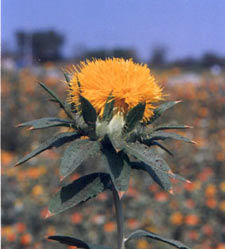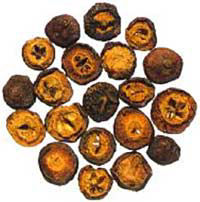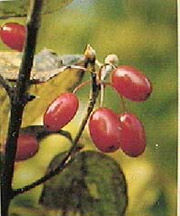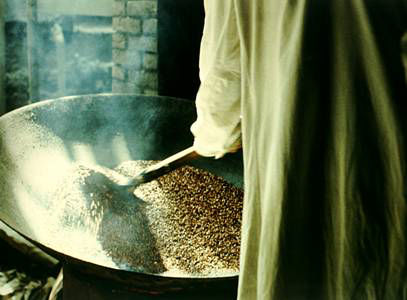Herbology is one of the three main branches of Traditional Chinese Medicine along with acupuncture and bodywork. All three branches seek to influence the body through its energetic systems – acupuncture with needles, bodywork with touch. Herbology utilizes the natural materials of our environment: plants, seeds, roots, barks, minerals and some animal products. Each ingredient has a specific energetic quality that is chosen based on the person and the condition. For example, ginger has qualities of warmth and nourishes the digestive system. It is useful for people who tend to feel cold.
Chinese herbs are often combined into a formula containing 4–16 different ingredients. Formulas provide a diverse way to combine different energetic qualities to balance the nature of the ingredients and also match the detailed energetic profile of the person.
There are many formats of taking Chinese herbs: dried herbs brewed into tea, tablets, concentrated granules and tinctures. Each format has certain advantages and disadvantages and can be chosen based on the specifics of each condition.



